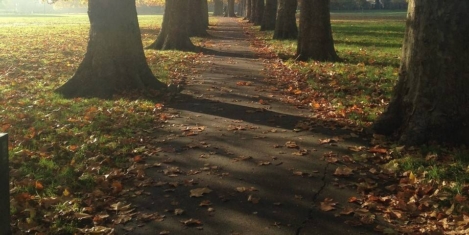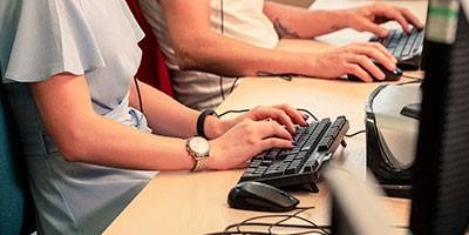April 10, 2019
The growing urbanisation of work and workplaces 0
 The question of what makes a city great is an old one but has never been asked more than it is right now. It is usually couched in terms of the urbanisation of large parts of the world but it is important for other reasons too, not least because the urban environment is an increasingly important part of the virtual workplace many of us now inhabit and offices themselves increasingly resemble the agglomeration of spaces we have typically associated with our towns and cities. Recently, McKinsey published a report into urbanisation, based largely on the usual premise of the proportion of the world’s people involved, but it is an issue that touches all of our lives and in unexpected ways.
The question of what makes a city great is an old one but has never been asked more than it is right now. It is usually couched in terms of the urbanisation of large parts of the world but it is important for other reasons too, not least because the urban environment is an increasingly important part of the virtual workplace many of us now inhabit and offices themselves increasingly resemble the agglomeration of spaces we have typically associated with our towns and cities. Recently, McKinsey published a report into urbanisation, based largely on the usual premise of the proportion of the world’s people involved, but it is an issue that touches all of our lives and in unexpected ways.




































